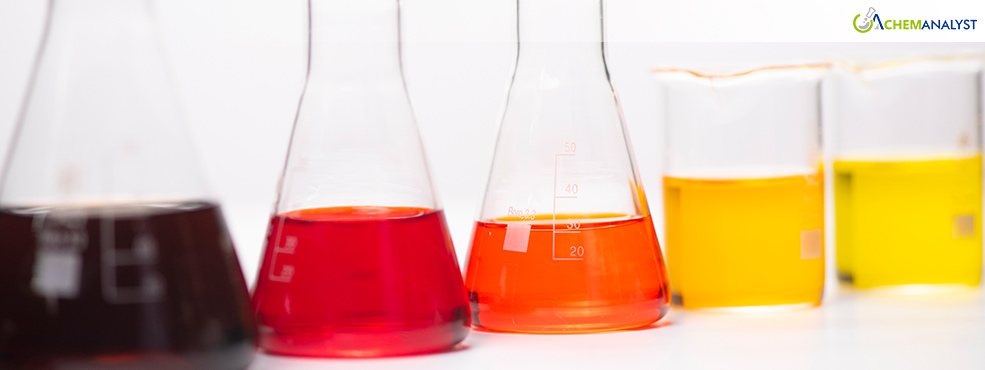Welcome To ChemAnalyst

Texas, USA: US Propylene Carbonate prices have dropped in the US domestic market due to weak supply and demand fundamentals. Poor demand for Propylene Carbonate from the lithium-ion battery manufacturing industries coupled with weak cost support from the upstream have pressured Propylene Carbonate market. Additionally in the upstream markets, spot crude prices fell by a significant margin in the previous weeks due to reduced sales that had a major impact on Propylene Carbonate prices.
Recent reports indicate that in response to heightened safety stocking measures following Hurricane Francine’s landfall in Louisiana, propylene and propylene oxide plants operated by LYB, Dow, and other companies were safely shut down. The initial impact included reduced supply, while traders in downstream markets accelerated procurement in anticipation of the upcoming U.S. Federal Reserve decision. This led to reduced cost pressure on the Propylene Carbonate prices.
China continues to dominate the global battery storage market, supplying 81% of the world’s lithium batteries last year and exporting 37% of its production including Propylene Carbonate. Of these exports, 57% were shipped to the U.S. and the European Union, according to sources. China's excess capacity, which is 1.5 times the global demand and 3.3 times its domestic demand, has driven global prices of battery and battery raw materials including Propylene Carbonate down significantly.
In the first quarter of 2024, lithium battery prices dropped by 45% compared to the previous year, significantly affecting the Propylene Carbonate market as well. The U.S. has felt the effects of this price plunge, despite support from the Inflation Reduction Act. Delays and cancellations in U.S. battery projects have added to the concern that China's overcapacity could hinder global energy transitions.
In 2024, the U.S. raised its tariff rate on lithium-ion EV batteries and battery parts from 7.5% to 25%, with a similar hike for non-EV lithium-ion batteries set for 2026, to remain competitive in the battery market. Import duties, tariffs, and challenges in sourcing products from China benefit the economics of domestic manufacturing. Although domestic manufacturers still face foreign competition, it is less intense and more costly than it would be if the market were fully open to Chinese imports.
In contrast, Q3 was lackluster for new vehicle sales in the U.S., though electrified vehicles remained a bright spot. Many automakers reported year-over-year sales declines as consumers faced high prices and rising interest rates. The EV market also encountered challenges, with much of the industry reducing investments due to growing competition and slowing demand.
According to the ChemAnalyst pricing intelligence, the prices of Propylene Carbonate are anticipated to improve in the upcoming weeks. A rise in demand from lithium-ion batteries in the downstream EV sector and higher feedstock prices are foreseen to support the Propylene Carbonate market.
We use cookies to deliver the best possible experience on our website. To learn more, visit our Privacy Policy. By continuing to use this site or by closing this box, you consent to our use of cookies. More info.
